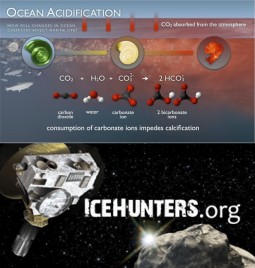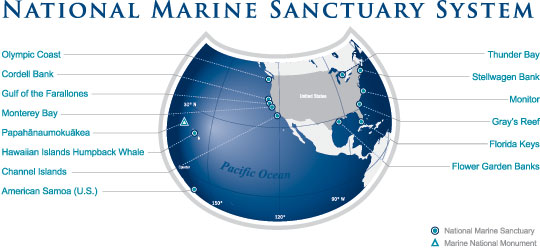 Marine Sanctuaries (starts at 5:18) This is the third feature interview In the Ocean Is Us series, which explores how we in land-locked Colorado are connected to the oceans, why they matter so much to us all, and what’s at stake. Today we discuss marine sanctuaries: the conservation science behind establishing them, and their ecological and economic benefits. In June, President Obama announced his intention to make a vast area of the central Pacific Ocean off-limits to fishing, energy exploration and other activities. If the plans go through, they could create the marine sanctuary. It would double the swath of ocean that is fully protected globally. Our guests today are devoted to marine conservation. Billy Causey works in the The Office of National Marine Sanctuaries at NOAA – the National Oceanic and Atmospheric Administration. He is Regional Director of the Southeast Atlantic, Gulf of Mexico and Caribbean Region. Vicki Nichols Goldstein is founder of the Colorado Ocean Coalition, a nonprofit based in Boulder dedicated to connecting people living inland to ocean conservation efforts. Formerly she directed the marine advocacy organization Save Our Shores.
Marine Sanctuaries (starts at 5:18) This is the third feature interview In the Ocean Is Us series, which explores how we in land-locked Colorado are connected to the oceans, why they matter so much to us all, and what’s at stake. Today we discuss marine sanctuaries: the conservation science behind establishing them, and their ecological and economic benefits. In June, President Obama announced his intention to make a vast area of the central Pacific Ocean off-limits to fishing, energy exploration and other activities. If the plans go through, they could create the marine sanctuary. It would double the swath of ocean that is fully protected globally. Our guests today are devoted to marine conservation. Billy Causey works in the The Office of National Marine Sanctuaries at NOAA – the National Oceanic and Atmospheric Administration. He is Regional Director of the Southeast Atlantic, Gulf of Mexico and Caribbean Region. Vicki Nichols Goldstein is founder of the Colorado Ocean Coalition, a nonprofit based in Boulder dedicated to connecting people living inland to ocean conservation efforts. Formerly she directed the marine advocacy organization Save Our Shores.
For more info on how you can get involved in nominating new sites for marine sanctuaries, visit the National Marine Sanctuary Foundation. All features in The Ocean Is Us series can be found here.
Hosts: Susan Moran, Kendra Krueger
Producer: Joel Parker
Engineer: Maeve Conran
Additional Contributions: Shelley Schlender, Beth Bennett
Executive Producer: Joel Parker
Listen to the show:
Podcast: Play in new window | Download (Duration: 24:33 — 33.7MB)
Subscribe: RSS




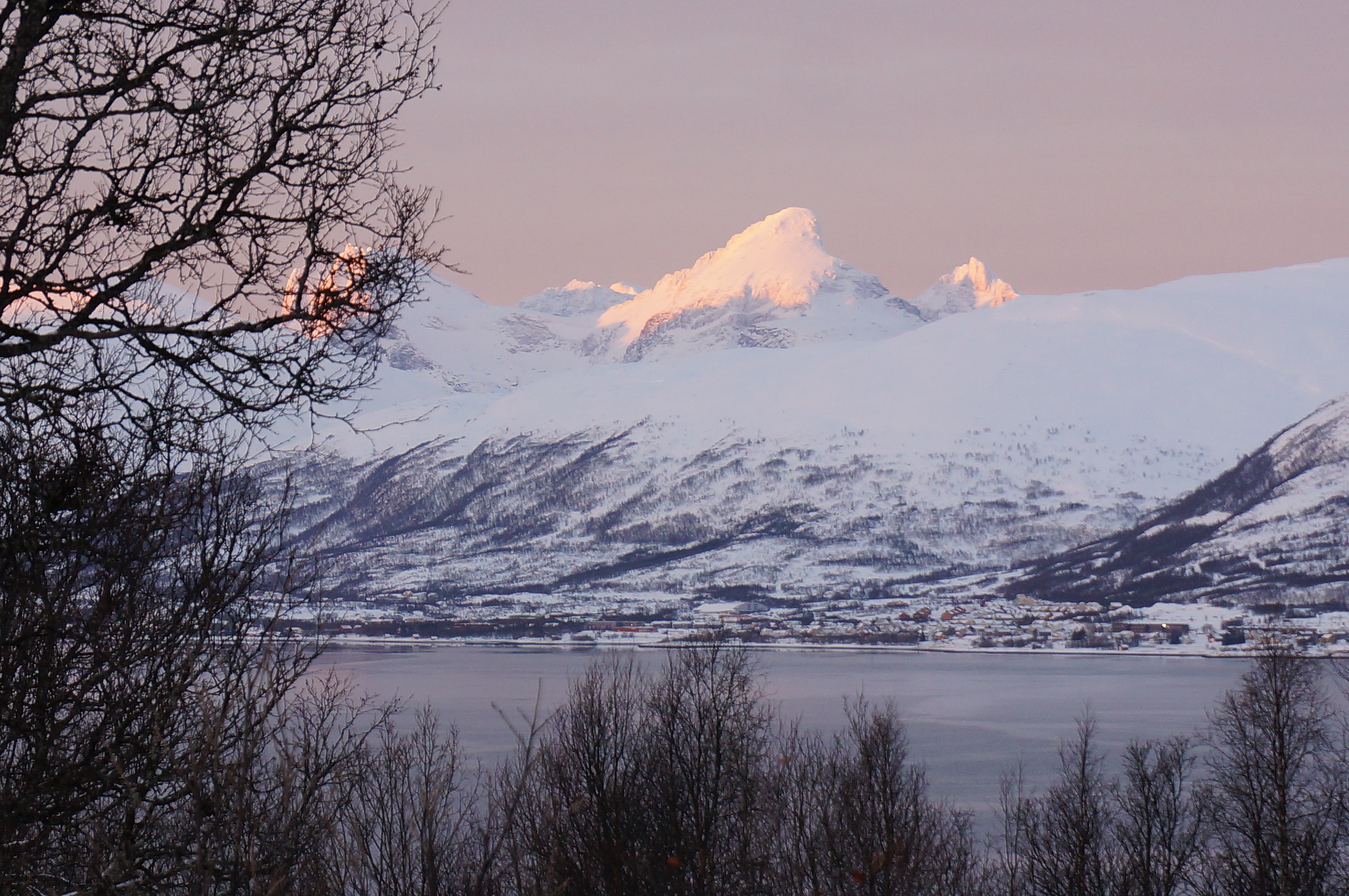
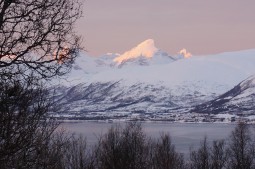
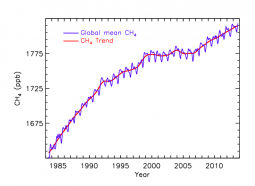
 Bonobo Conservation Success: (start time: 16:11) Author
Bonobo Conservation Success: (start time: 16:11) Author 
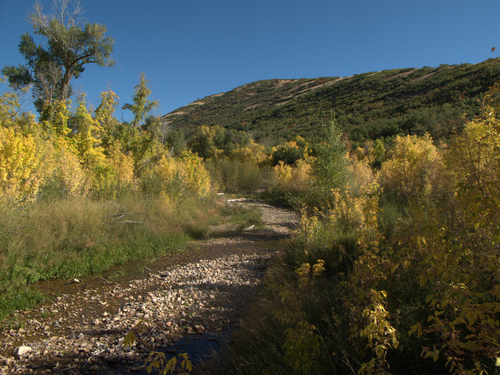
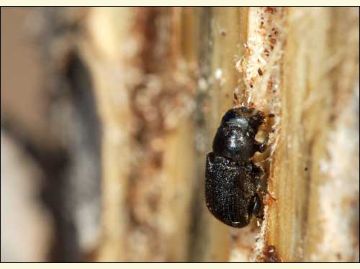

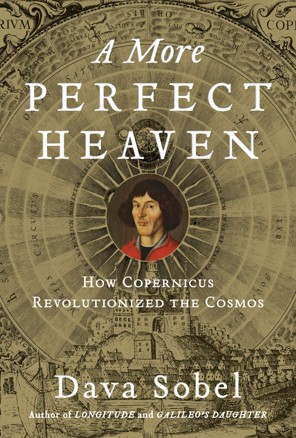

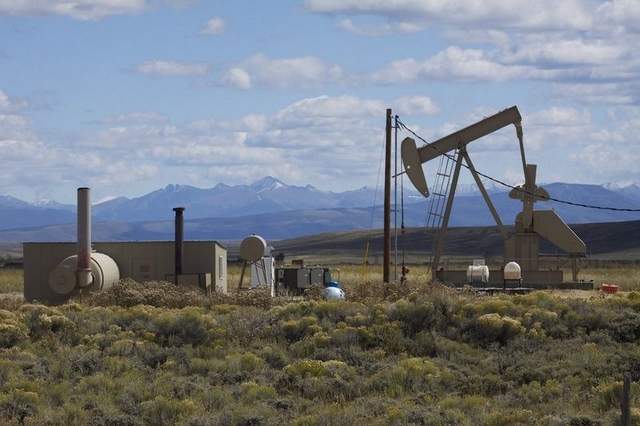


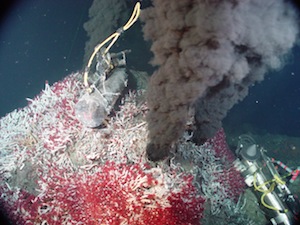
 Underwater Volcanoes (start time 5:45). Most of our planet’s volcanoes are out of sight, and largely out of mind. Hidden under sometimes thousands of feet of water, volcanoes on the sea floor bubble and boil away without our knowledge and largely without our understanding. We talk with Oregon State University volcanologist
Underwater Volcanoes (start time 5:45). Most of our planet’s volcanoes are out of sight, and largely out of mind. Hidden under sometimes thousands of feet of water, volcanoes on the sea floor bubble and boil away without our knowledge and largely without our understanding. We talk with Oregon State University volcanologist  Sleep (start time 15:50). As any mother knows, when children get cranky, one of the best solutions is to “go take a nap.” What is less understood is whether or not those naps can be now and then, or whether it’s important to keep them regular. We speak with an expert who has just published a study that looks at the question of napping among preschool children. Her name is
Sleep (start time 15:50). As any mother knows, when children get cranky, one of the best solutions is to “go take a nap.” What is less understood is whether or not those naps can be now and then, or whether it’s important to keep them regular. We speak with an expert who has just published a study that looks at the question of napping among preschool children. Her name is 
